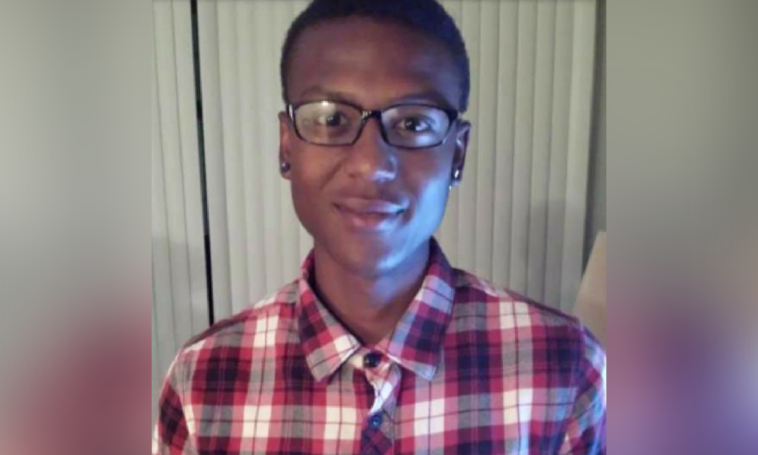Colorado paramedics found guilty in death of Elijah McClain.Five Colorado paramedics were found guilty of criminally negligent murder in the death of Elijah McClain in 2019. The paramedics are Jeremy Cooper (49), and Peter Cichuniec (51). After McClain, a young Black man, died after an encounter with police that involved force and a controversial sedative injection by a paramedic, the verdict was made.
Final trial of three regarding McClain’s death, with conflicting results for police personnel. Several officers were acquitted of criminally negligent homicide. The latest paramedic verdict highlights first responders’ culpability for misbehavior.
Elijah did nothing wrong. His life mattered. He should join us today.” – The judgment was met with criticism by McClain’s mother, Sheneen McClain, who stated that three out of five convictions were unjust. Convictions serve only a modest purpose of justice system accountability.” The case has raised concerns about police and paramedic victim justice.
The jury found both paramedics guilty of criminally negligent homicide and Cichuniec guilty of second-degree assault for administering the drug. Ketamine is rarely used in such instances, and this trial shows the need for paramedic oversight alongside law enforcement.
“Elijah did nothing wrong. His life mattered. He should be with us here today.” – Colorado Attorney General Phil Weiser
Both paramedics said that McClain needed ketamine to calm down and that police involvement slowed their treatment. Prosecutors claimed the paramedics violated training by neglecting to examine the patient before delivering the drug. The jury sided with the prosecution, emphasizing the significance of emergency medical measures.
Paramedics misdiagnosed McClain with “excited delirium,” a contentious term typically used in police contacts, prosecutors said. The American Medical Association and other medical specialists question the use of enthusiastic delirium in police enforcement.
Paramedics miscalculated McClain’s weight and gave a large amount of ketamine, breaking protocol. McClain’s death was attributed to the defendants’ acts. In closing arguments, prosecutor Jason Slothouber said, “They didn’t try. When Elijah McClain cried ‘please help me,’ they left him, overdosed him on ketamine, and killed…
After the trial, calls for legislative changes rise. The Peace cops and Standards Training board in Colorado banned “excited delirium” for new cops. A proposed bill would also ban enthusiastic delirium from police and EMT training and remove it from coroners’ death lists.
The death of Elijah McClain and the court procedures have sparked questions about police accountability, structural racism, and first responders’ responsibility in public safety. While the paramedics’ guilty verdict is a step towards accountability, it also highlights the complexity of law enforcement-EMS relations.
In the trial, the prosecution stressed the importance of examining McClain before giving him the sedative and pointing out protocol violations. The jury’s verdict implicating the paramedics implies a rising need to scrutinize emergency medical practices, notably police interventions.
After Elijah McClain’s death, public discourse has extended to confront racial injustice and criminal justice systemic concerns. This verdict against the paramedics underscores a collective demand for justice and accountability in law enforcement-related deaths, particularly in marginalised communities.
As the judicial proceedings continue, law enforcement and emergency medical services openness, accountability, and reform are emphasized. The proposed bill to ban “excited delirium” from training and cause-of-death listings addresses medical professionals’ and advocacy groups’ concerns.
Elijah’s mother, Sheneen McClain, called the convictions a “very small acknowledgment of accountability.” The collective cry for justice emphasizes the need to solve systemic concerns and create a more just and equitable society.



Join the Community and Be a Part of the Conversation
You must be logged in or registered to post a comment.